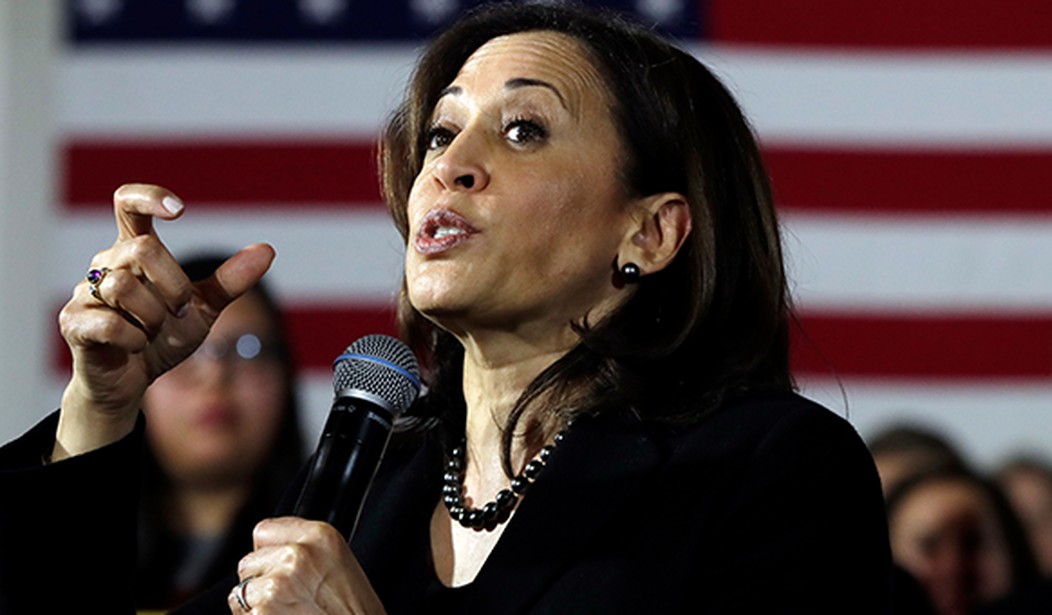Kamala Harris continues to advocate for a bill she introduced back in January of this year.
Right now almost half of Americas don’t have enough cash to cover a $400 emergency expense. That’s just frightening.
— Kamala Harris (@SenKamalaHarris) March 18, 2019
It’s why I introduced the LIFT Act to give middle class families a tax credit of up to $500 a month.
Harris’s website talks in more detail about the bill. "LIFT the Middle Class Act," which stands for, “Livable Incomes for Families Today,” is designed to combat a financial issue highlighted by Federal Reserve Board Governor Lael Brainard. Brainard, referencing a survey conducted by the board, concluded in May 2017 that, “44 percent of all respondents could not cover an unexpected $400 emergency expense or would rely on borrowing or selling something to do so. The survey also shows that many adults have no savings for retirement.”
Under Harris’s bill, families earning less than $100,000 annually will obtain up to $6,000 per year through refundable tax credit. Families can access $500 of that credit per month or collect the full amount by the end of the year. Single filers have access to $3,000 per year if they earn less than $50,000 annually, and can collect $250 per month.
The LIFT Act garnered support from mayors across the state of California, the Ontario Chamber of Commerce and the Washington State Budget & Policy Center. But the bill could prove to be a blunder that will burden the middle class.
The Tax Foundation found that in order to fund the LIFT Act, it would cost the federal government $2.7 trillion by 2028. It would also take away nearly 900,000 jobs from the public. Despite these issues, the foundation says the plan would provide a large increase in income for low-class taxpayers.
Recommended
“Overall,” the foundation concluded. “It would greatly increase the progressivity of the U.S. tax code, providing low-income taxpayers a large increase in after-tax income.”
But it may not prove to be a bonified success. The Washington Free Beacon brought up an experiment that involved six states between 1968 and 1980.
“(The Heritage Foundation) points to a program administered by the federal government,” The Beacon wrote. “A ‘negative income tax’ experiment, which guaranteed a minimum income to a specific group of people. One goal was to determine if such assistance would help increase employment and quality of life metrics. The format involved reducing benefits as earnings increased. The outcome showed the opposite of the intended effect.”
By the end of the experiment, “desired hours of work” decreased by 43 percent on average for single men who weren’t heads of households, 25 percent for single women who were heads of families and 20 percent for wives.
“Recipients who experienced unemployment during the experiment were unemployed for longer periods of time than unemployed non-participants,” The Beacon added. “For every $1,000 in additional benefits recipients received, the results showed an average reduction of $660 in earned income. In other words, $3,000 worth of government benefits was needed to increase an individual’s net income by $1,000.”
Vijay Menon, research assistant for Domestic Policy Studies at The Heritage Foundation, argued that the experiments created a platform that rewarded minimal effort in the workplace, since middle class employees would still receive “unconditional aid.”
"Policy should be designed to reward work, rather than replace it," Menon said.

























Join the conversation as a VIP Member